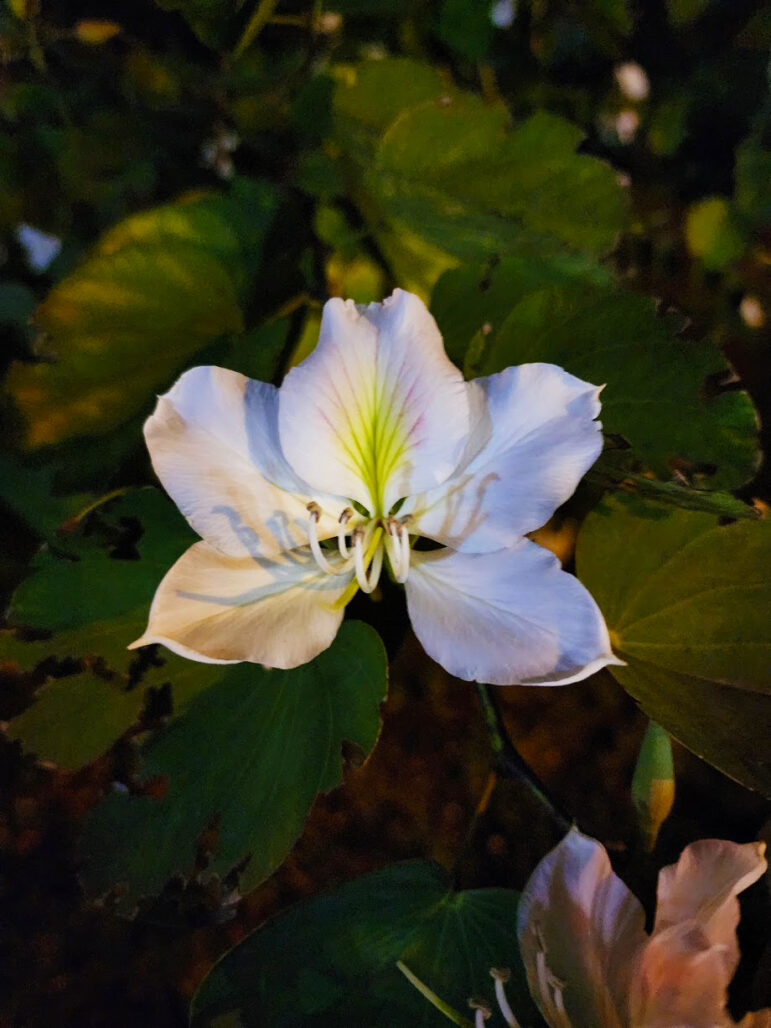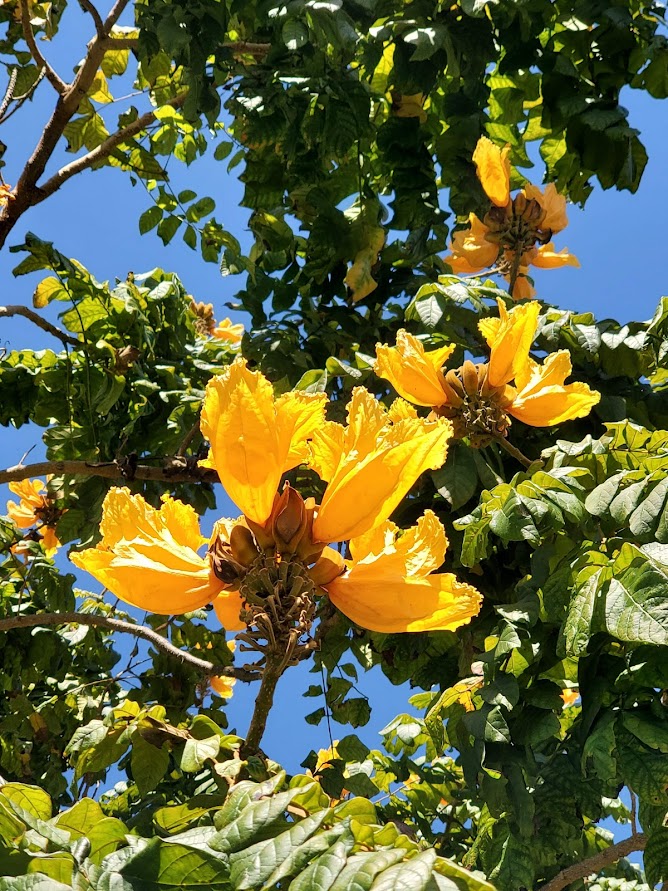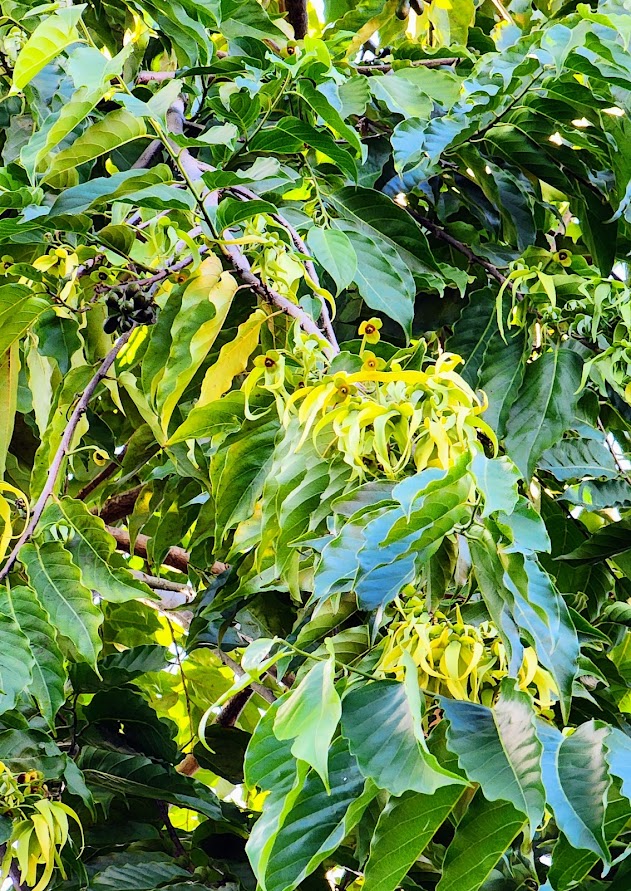 TWH – Today marks the celebration of the March equinox and the astronomical beginning of spring in the northern hemisphere and autumn in the southern hemisphere. The actual equinox occurs today, March 19 at 11:06 p.m. (3:06 AM Wednesday- Coordinated Universal Time). The word equinox comes from the Latin word “aequinoctium” meaning “equality between day and night that entered Middle English as “equinoxium.”
TWH – Today marks the celebration of the March equinox and the astronomical beginning of spring in the northern hemisphere and autumn in the southern hemisphere. The actual equinox occurs today, March 19 at 11:06 p.m. (3:06 AM Wednesday- Coordinated Universal Time). The word equinox comes from the Latin word “aequinoctium” meaning “equality between day and night that entered Middle English as “equinoxium.”
The March equinox in the northern hemisphere is called the vernal equinox a term that also comes from Latin and means “spring.”
Those living in the northern hemisphere will look forward to longer days and warmer weather while our family in Argentina, Australia, South Africa, and across the southern hemisphere will slowly turn to shorter days, cooler temperatures, and autumn joys.

At The Wild Hunt HQ in Miami, spring has been springing for a while. This is Bauhinia aculeata or the White Orchid-Tree Photo Credit: [MJTM]
Last week, the new Moon entered Pisces and now the waxing gibbous lies in Cancer moving to Leo just before the equinox. Next week we will welcome the Worm Moon on Monday, March 25, 2024, at 3:00 A.M. Eastern.
The name Worm Moon is thought to relate to the emergence of earthworms. Sometimes called the Paschal Moon, it is also called the Crow Moon in some North American Indigenous communities because the cawing of crows marks the end of Winter. Others refer to it as the Sap Moon, marking the flow of sap in dormant trees that heralds the return of their leaves.

Here we have an African Tulip Tree (Spathodea campanulata) Photo Credit: [MJTM]
With the full moon, the Hindu festival of colors, Holi, begins. Holi marks the beginning of spring and the end of winter and signifies the triumph of good over evil when Prince Prahlada was protected by the god Vishnu from being burned in a bonfire because of his faith. The festival occurs on the day after the last full moon of the Hindu month of Phalguna. The celebration is marked by bonfires and the throwing of brightly colored powders that represent being engulfed by the bonfire and emerging unscathed like the prince.

Giant Bird of Paradise (Strelitzia nicolai) [Photo Credit: S. Ciotti]
Nowruz is the Persian New Year and occurs on the March Equinox. The festival is based on the Iranian Solar Hijri calendar. The festival is also honored in the Baha’i faith. The word Nowruz means “new day.” Other early springtime festivals are Higan in Japan, the Christian Easter at the end of this month, Purim – this coming Saturday – and then Passover in the Jewish tradition.

Pink Cassia (Cassia bakeriana) [Photo Credit: S. Ciotti]
Many Pagans, Witches, Heathens, and polytheists celebrate the spring equinox under numerous names such as Ostara, Alban Eiler, Shubun-sai, or simply the coming of spring. Within their varied and diverse traditions, they find ways to honor or recognize the warming days and renewed growth, as winter slowly departs.
In the Southern Hemisphere, many will celebrate Mabon, the second harvest festival. Many Pagans will gather for rituals and ceremonies to give thanks for the harvest, honor the balance between light and darkness, and prepare for the colder months ahead. Mabon is also a time for reflection, gratitude, and introspection, as we consider the lessons of the past year, set intentions for the future, and celebrate abundance, our gifts, and the fruits of our labor, while also honoring the balance and harmony in all aspects of life.

Frangipani or Plumeria (Plumeria rubra) [Photo Credit: MJTM]
There are many others both secular and religious. Poets naturally wrote verses about the spring.
The Sun does arise,
And make happy the skies.
The merry bells ring
To welcome the Spring.
The sky-lark and thrush,
The birds of the bush,
Sing louder around,
To the bells’ cheerful sound.
While our sports shall be seen
On the Echoing Green.
-William Blake, The Echoing Green
![]()
When lilacs last in the dooryard bloom’d,
And the great star early droop’d in the western sky in the night,
I mourn’d, and yet shall mourn with ever-returning spring.Ever-returning spring, trinity sure to me you bring,
Lilac blooming perennial and drooping star in the west,
And thought of him I love.
~ Walt Whitman, When Lilacs Last in the Dooryard Bloom’d
![]()
I heard a thousand blended notes,
While in a grove I sate reclined,
In that sweet mood when pleasant thoughts
Bring sad thoughts to the mind.To her fair works did Nature link
The human soul that through me ran;
And much it grieved my heart to think
What man has made of man.Through primrose tufts, in that green bower,
The periwinkle trailed its wreaths;
And ’tis my faith that every flower
Enjoys the air it breathes.The birds around me hopped and played,
Their thoughts I cannot measure:—
But the least motion which they made
It seemed a thrill of pleasure.The budding twigs spread out their fan,
To catch the breezy air;
And I must think, do all I can,
That there was pleasure there.If this belief from heaven be sent,
If such be Nature’s holy plan,
Have I not reason to lament
What man has made of man?
~ William Wordsworth, Lines Written in Early Spring
![]()
José Martí (1853–1895) was a Cuban poet, essayist, journalist, translator, and revolutionary philosopher. He is considered one of the most important figures in Latin American literature and intellectual history. He wrote about spring in Con la primavera:
Con la primavera
Viene la canción,
La tristeza dulce
Y el galante amor.Con la primavera
Viene una ansiedad
De pájaro preso
Que quiere volar.No hay cetro más noble
Que el de padecer:
Sólo un rey existe:
El muerto es el rey.– Con la primavera, José Martí
In English, (via All Poetry)
with the spring
the song comes,
the sweet sadness
And the gallant love.with the spring
an anxiety comes
of a prisoner bird
who wants to flyThere is no nobler scepter
Than to suffer:
Only one king exists:
The dead man is the king.
![]()

Ylang ylang (Cananga odorata) [Photo Credit: MJTM}
However, you celebrate or honor this season, may it bring you renewal and a deeper connection with nature, your gods and spirits, and our ancestors.
Equinox blessings from The Wild Hunt!
The Wild Hunt is not responsible for links to external content.
To join a conversation on this post:
Visit our The Wild Hunt subreddit! Point your favorite browser to https://www.reddit.com/r/The_Wild_Hunt_News/, then click “JOIN”. Make sure to click the bell, too, to be notified of new articles posted to our subreddit.